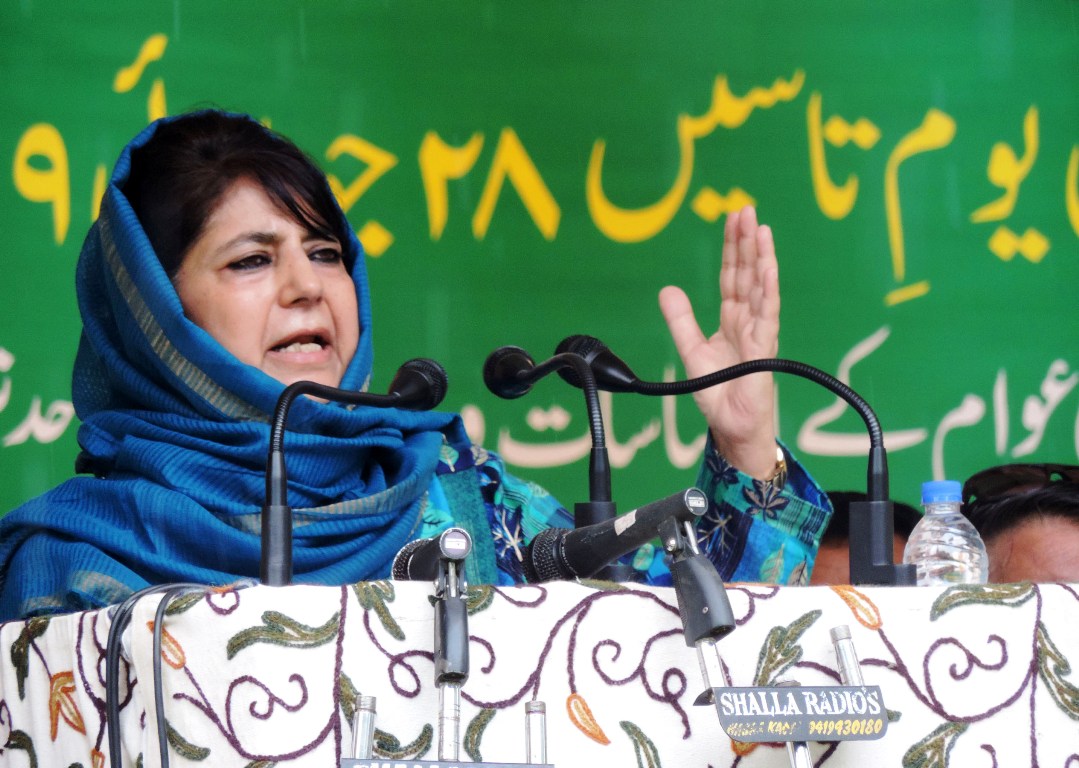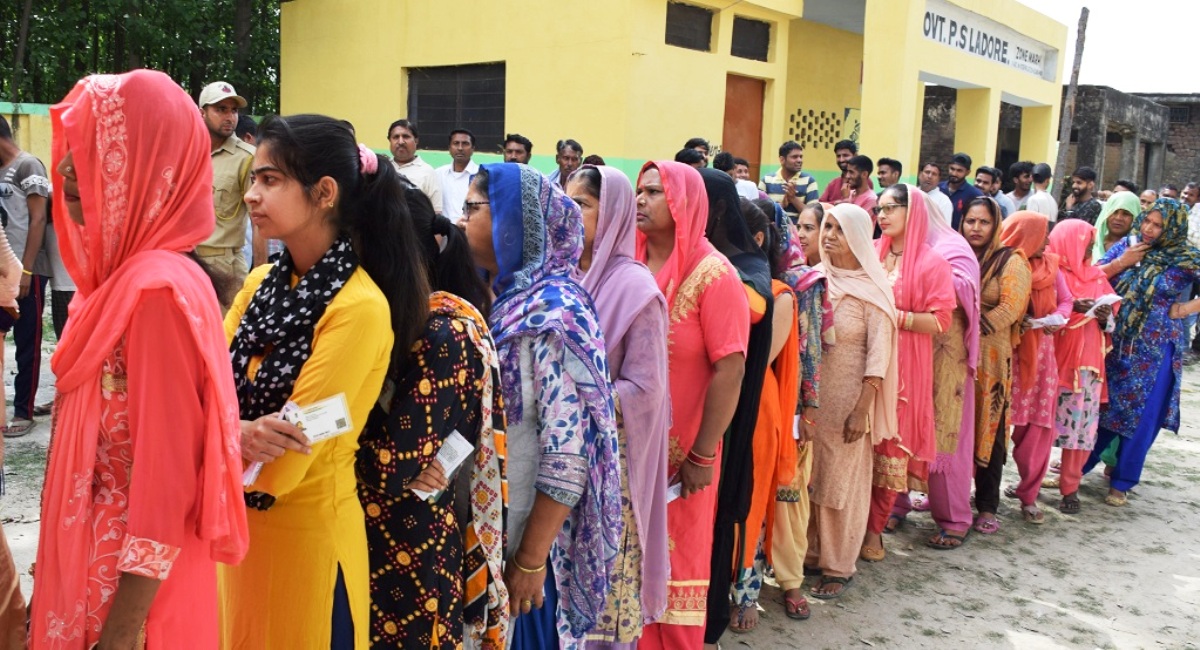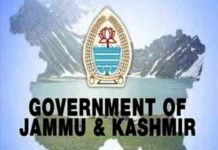KL NEWS NETWORK
SRINAGAR
Jammu Kashmir Coalition of Civil Society (JKCCS) Thursday expressed its solidarity with the striking students and teachers of Jawaharlal Nehru University, New Delhi.
“We have watched with a sense of horror and dismay, the violent criminalizing of student democracy and dissent, not just at Jawaharlal Nehru University but across Indian campuses in the recent past,” said JKCCS spokesperson, Khurram Parvez in a statement.
“Having long and intimate knowledge of violent repression and legalized impunity that Indian state is capable of, especially against those it considers ‘anti-national’, we are not surprised by these events, but have a special empathy with all who suffer its horrors.”
While demanding the release of all student dissenters and political prisoners in the custody, the spokesperson said policing and surveillance acts on campuses must be end and that targeting of students on the basis of political beliefs and speech must be ended.
“The Kashmiri students in different colleges and universities in India, who have always faced discrimination and intimidation time to time, are now feeling the extreme regressive and oppressive means used by right wing groups and the government,” the spokesperson said.
“After being hounded, Kashmiri students have begun leaving Delhi. There are several places where the landlords in whose properties Kashmiri students were renting flats, have been asked to vacate. These experiences of Kashmiri students are part of the larger reality faced by Kashmiri youth in Jammu and Kashmir and in India. The voices of dissent in Jammu and Kashmir have been dealt with administrative detentions under Public Safety Act, illegal detentions, torture, surveillance and killings by armed forces including the most recent one of Asif and Shaista at Pulwama on 14th of February.”
“We also view with alarm, the reports about the cynical use of Kashmiri students studying in Delhi as hostages in the politically illegitimate process of government formation in Srinagar.”
While expressing dismay over the public narrative about the recent events, the spokesperson said, it has often descended into disputes over Indian ‘patriotism’ and the shrill condemnation of a few ‘fringe’ ‘radical’ ‘traitors’ for ‘irresponsible’ slogans.
“These sentiments are neither mere slogans nor represent the ‘fringe’ in Kashmir, the very place they were made in reference to,” Khurram said. “As Kashmiris, we believe that the right to self-determination is inseparable from the right to political association, dissent and free expression, and these rights cannot be selectively asserted or upheld.”
In the competitive public proclamations of nationalistic credentials, the spokesperson said, what has been lost is that courageous act of defiant solidarity with the Kashmiri people’s struggle for justice and self-determination that lies at the heart of these debates.
“Despite the disavowals and the state repression, the solidarity with the political rights of the Kashmiris is growing and spreading, as events in Jadavpur University demonstrate.
We acknowledge the emerging spaces in Indian civil society to converse on the question of Kashmir, beyond nationalist framings. We hold out hope for future alliances with students, groups and individuals willing to engage in honest conversations, in which they alone do not determine the boundaries of what can or cannot be said, thought or felt.”















